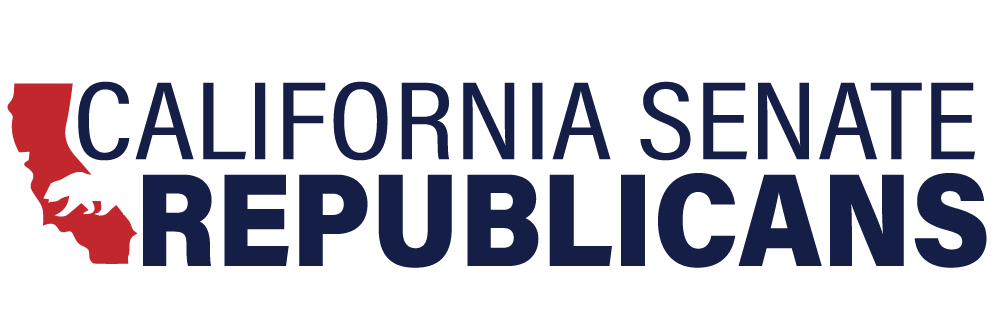Today, California Senate Republicans rebuked Governor Newsom for false claims about his recent wage increase and its impact on fast food workers and employers.
“Numbers don’t lie unless you make them and that’s what Gavin Newsom’s ministry of propaganda is doing here. He is manipulating data to serve his personal agenda and spins fairy tales to promote his failed policies,” said Senate Minority Leader Brian W. Jones (R-San Diego). “Newsom can pick cherries and skew numbers all he wants but the data itself shows he’s being dishonest and his policies are disastrous for our economy, regardless of what the mythical principles of Gavinomics may tell us.”
Newsom, in an August 20 press release, claimed that the fast food industry has continued to enjoy robust growth and stability despite the increase to the minimum wage for fast food workers An analysis of the current and applicable data however shows a starkly different side of the story and a significant lack of context in his presentation of the current state of the industry.
Newsom’s Claim #1: California has added 11,000 new fast food jobs since April.
… and the rest of the story: This figure is based on skewed data that does not take in to account the seasonal nature of the fast food industry and is therefore not typically used by reputable economists as a metric. Economic analysis for seasonal industries is done using seasonally adjusted data which can be found HERE from the U.S. Bureau of Labor Statistics and Federal Reserve Bank of St. Louis. Click HERE for an explanation of seasonal data adjustment from Newsom’s own Employment Development Department or HERE for the U.S. Bureau of Labor Statistics explanation of the different data sets.
Newsom’s Claim #2: The $20 minimum wage increase is not adversely affecting employers or employees in the industry.
… and the rest of the story: A recent survey of 182 California fast food restaurant operators revealed that:
- 70% reported reducing staff or consolidating positions;
- 89% reported reducing employee hours;
- 73% reported limiting employee shift pick-up or overtime opportunities;
- 98% reported raising food prices; and
- 74% reported an increased likelihood of shutting down their restaurants as a result of the $20/hour minimum wage law.
Newsom’s Claim #3: Fast food jobs are at an all-time high.
… and the rest of the story: Since the sector began to recover after the Great Recession, jobs have grown at an average rate of 3.5% year-over-year. Year-over-year growth as of July is at 0.5%. At the average growth rate the state would have seen 25,744 new jobs. It has instead added just 3,928 or 21,816 less than average. Source: U.S. Bureau of Labor Statistics and Federal Reserve Bank of St. Louis
Newsom’s Claim #4: Since the $20 an hour minimum wage law went into effect California has seen an increase in fast food jobs.
… and the rest of the story: Fast food restaurants reduced staffing by 2,778 jobs in the two months prior to the increase. Governor Newsom is misleading the public by only using data reported after the wage hike took effect. This disingenuous approach ignores the likelihood that employers may have preemptively reduced staffing in anticipation of the increase. Jobs were reduced by an additional 3,421 jobs from April through June before posting modest gains in the typical summer hiring surge of July. Positions in the sector are down 2,766 jobs on the calendar year. Source: U.S. Bureau of Labor Statistics and Federal Reserve Bank of St. Louis
Date | Fast Food Employment | Monthly Change |
Jan 2024 | 742,228 | - |
Feb 2024 | 741,618 | -610 |
Mar 2024 | 739,451 | -2,168 |
Apr 2024 | 739,055 | -396 |
May 2024 | 738,071 | -984 |
Jun 2024 | 736,030 | -2,041 |
Jul 2024 | 739,463 | 3,433 |
Change from Jan to July 2024 | -2,766 |
